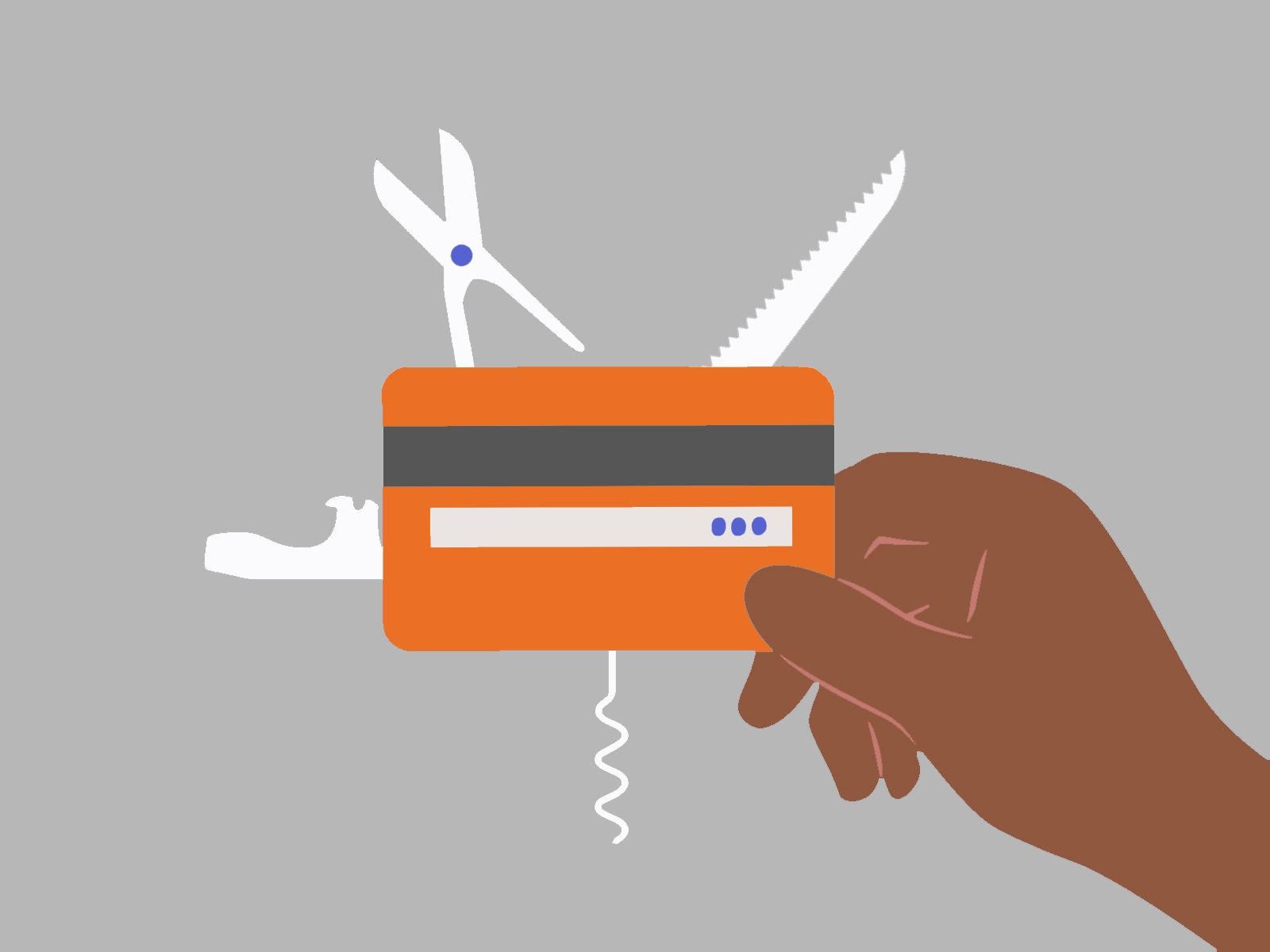Five tactics to help you cope with inflation
Prices in Canada are rising at an especially fast pace. Canadian consumers are seeing rising prices for just about everything – from gas and groceries to new cars and housing.
How do we track inflation?
The Consumer Price Index (CPI) is one of the most widely known economic indicators in Canada. The CPI compares, over time, the cost of a fixed basket of goods and services purchased by consumers – such as food, housing and clothing. Essentially, the percentage change in the price of the basket is used as an estimate of the amount of inflation in the economy overall.
While inflation has put added strain on many households' finances, here are our top five suggestions for coping with inflation.
Tip 1: Go back to your budget
No one likes rising prices, however the latest wave of inflation might provide the perfect opportunity for you to take control of your finances by revisiting your budget or starting one.
Ever wonder where all your money goes each month? Here are two simple steps to track your expenses:
- Calculate the total income you'll receive from all sources – for example, employment income, rental or investment income, support payments, pension, etc.
- List all your expenses and divide them into two categories:
- Non-discretionary, or mandatory costs such as mortgage payments, rent, hydro, etc.
- Discretionary, or non-essential costs – such as dining out or takeout, runs to the coffee shop, etc. If money's still left after you've accounted for all your non-discretionary costs, prioritize your discretionary costs based on what is most important to you.
Your budget can be as basic or detailed as you like – whatever works best for you. The important thing is to set up a budget and reassess it at least twice a year to ensure it's working to meet both your short-term and long-term financial goals, or whenever you have a significant change in your income or expenses.
Try out Tangerine's Left to Spend tool to help you track additional funds that might be available to spend — or to put towards your financial goals.
Tip 2: Restructure your debt
Inflation can significantly affect your lifestyle – especially if you've taken on too much debt, whether that's credit cards, car payments or even student loans.
Having a clear plan for how you'll manage your repayment and knowing what options are available to you are two great ways to lower your monthly payments, get out of debt faster, and maintain a sense of control over your finances.
For instance, you may be paying more interest than you need to, depending on the types of debt you have. Restructuring your debt can help lower your interest payments and free up much-needed cash to help you get debt-free faster.
If you have multiple loans or credit cards, you may be able to combine them all under a new credit application to take advantage of a potentially lower annual interest rate and payment. This might be under a secured or unsecured line of credit or even a new loan. This way you'll have one easy payment, which should alleviate a lot of stress.
Tip 3: Weigh your mortgage options
As you may have seen by now, periods of inflation are usually followed or accompanied by rising interest rates, which can impact your cashflow, especially if you have a mortgage. It's important to understand how your mortgage payments will be affected as rates rise:
- If you have an existing fixed rate mortgage, you won't be impacted by rate changes until your renewal date.
- If you have a mortgage with a variable rate, you can likely expect your interest rate to increase. You may want to consider switching to a fixed rate, which will guarantee your rate for the term of the mortgage. Most variable rate mortgages will allow you to convert to a fixed rate mortgage. You would have to speak with your lender to see what the steps are and if there are any prepayment charges or fees that you'd have to pay.
Tip 4: Think about your long game
While periods of inflation can be concerning for investors, it's no time to panic. Investing in a balanced portfolio, containing a mix of stocks and bonds, has a greater potential to outpace inflation and help build wealth over time.
Your portfolio's asset mix of stocks and bonds is a key determinant of meeting your long-term investment goals. Think of bonds for income potential and as a shock absorber for your portfolio during stock market downturns. By contrast, stocks are the growth engine of your portfolio, with a higher allocation offering greater long-term return potential, but with a corresponding increase in risk.
On the other hand, if your investment portfolio holds a significant portion of assets in cash for a considerable amount of time, the minimal returns provided by cash may drag down your overall investment portfolio performance. Your cash holdings may not even keep pace with inflation, leaving you with a negative real return.
Tip 5: Consider delaying major purchases
While you may want to upgrade your car or appliances now, you might consider putting off those major purchases for a while longer (assuming you can), at least until inflation cools to a more sustainable level.









